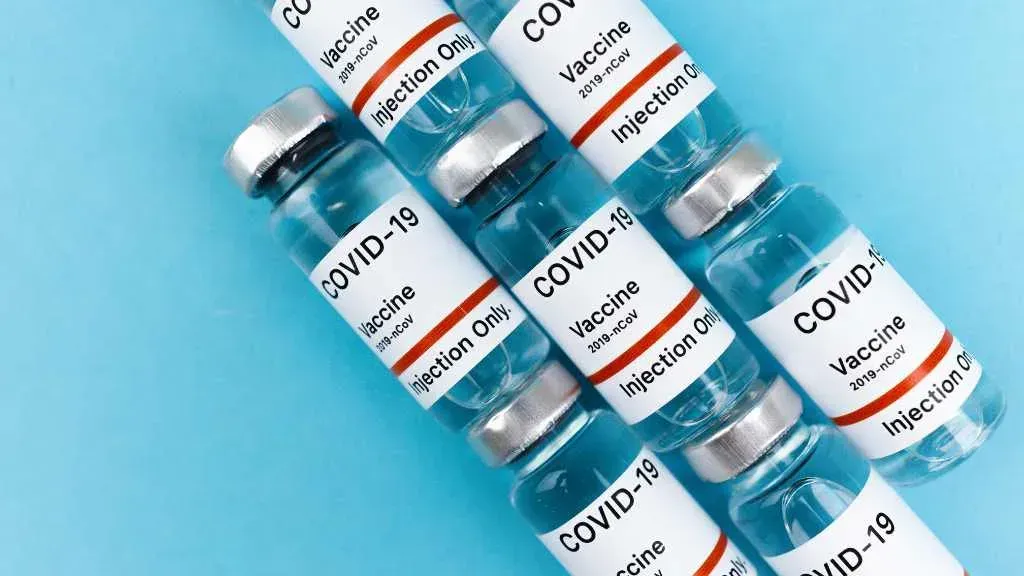Compensation for COVID-19 Vaccine Injuries

Injuries from the COVID-19 vaccines are currently covered under the Countermeasures Injury Compensation Program (CICP), an administrative process that has a one-year statute of limitations and does not cover attorneys fees or pain and suffering damages.
On May 11, 2023, the Biden administration is set to terminate the federal public health emergency, and CICP will no longer be an available remedy for COVID-19 vaccine injuries. Government must act quickly to transition COVID-19 vaccine injuries from the CICP to the National Vaccine Injury Compensation Program (VICP).
To accomplish this under existing law, (1) the CDC must recommend the vaccine for routine administration to children and/or pregnant women; (2) Congress must enact legislation to apply the excise tax to the vaccine; and (3) the Secretary of HHS must add the vaccine to the Vaccine Injury Table.
On February 10, 2023, the CDC recommended the COVID-19 vaccine for routine administration to children and/or pregnant women. This triggers a statutory obligation for the Secretary of HHS to amend the Table to include the COVID-19 vaccine.
Any changes made to the Vaccine Injury Table to add COVID-19 vaccines do not become effective until and unless Congress enacts legislation to extend the excise tax to the COVID-19 vaccines.
Assuming Congress and the Secretary of HHS act quickly, it remains to be seen how many past COVID-19 vaccine injuries will be handled. If the VICP doesn’t cover those who already applied to the CICP or those who received a COVID vaccine that wasn’t fully approved at the time of vaccination (i.e., a vaccine authorized for emergency use), then thousands of potential claimants could be excluded. Covering COVID-19 vaccines under VICP presents other issues for Congress.
VICP awards are funded by an excise tax and the Program may only compensate injuries resulting from “taxable vaccines” subject to the excise tax. COVID-19 vaccine have not yet been subject to the excise tax, and under existing the law they are precluded from coverage until after they become taxable.
Should Congress wish to include all prior COVID-19 vaccine injuries, it would need to amend the statute to include those non-taxable vaccines. Congress could also decide to change altogether the process for adding new vaccines to VICP, outline a new program for compensation for COVID-19 vaccine injuries, create a new program applicable only to pandemic vaccines, or allow the traditional tort system to address any COVID-19 vaccine injuries.
Should COVID-19 vaccines become covered by VICP, processing VICP claims will present other issues. The number of special masters who may adjudicate VICP claims is capped at eight, and their caseloads are already backlogged with 3,800 pending vaccine petitions. COVID-19 vaccine injury claims would likely result in a substantial increase to this caseload. Moreover, it currently takes HRSA approximately 12 months to conduct its initial review of each petition, further delaying the processing of petitions and the OSM’s adjudications.
Also, the Department of Justice, which litigates VICP petitions on behalf of the government, is overwhelmed and understaffed. Congress must consider increasing the number of special masters and the OSM budget to accommodate additional court staff to adjudicate additional VICP claims. Congress must also consider increasing the budgets, staffing, and resources of both the Department of Justice and HRSA to more effectively and efficiently manage these claims.
Get Started Now - Absolutely No Legal Fees
I agree to receive SMS notifications and alerts from Zgheib Sayad, P.C. at the contact information I provide. Message frequency may vary. You can opt out anytime by replying 'STOP'. No marketing messages will be sent.
"You may review our policy below to learn how your data is used"
Terms of Service | Privacy Policy
Zgheib Sayad, P.C. - Vaccine Injury Lawyers
9016 3rd Ave, Brooklyn, NY 11209
(888) 276-2027 - (914) 729-1110
Copyright © 2025 Zgheib Sayad, P.C. All rights reserved. | Disclaimer | Privacy Policy | Terms and Conditions | Locations
ATTORNEY ADVERTISING. Past results do not guarantee future outcome.
